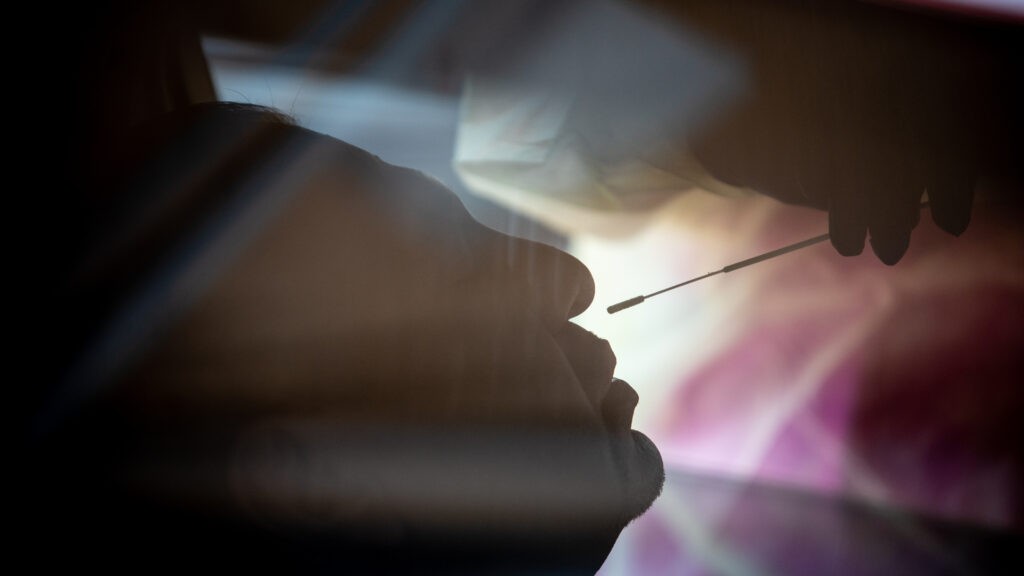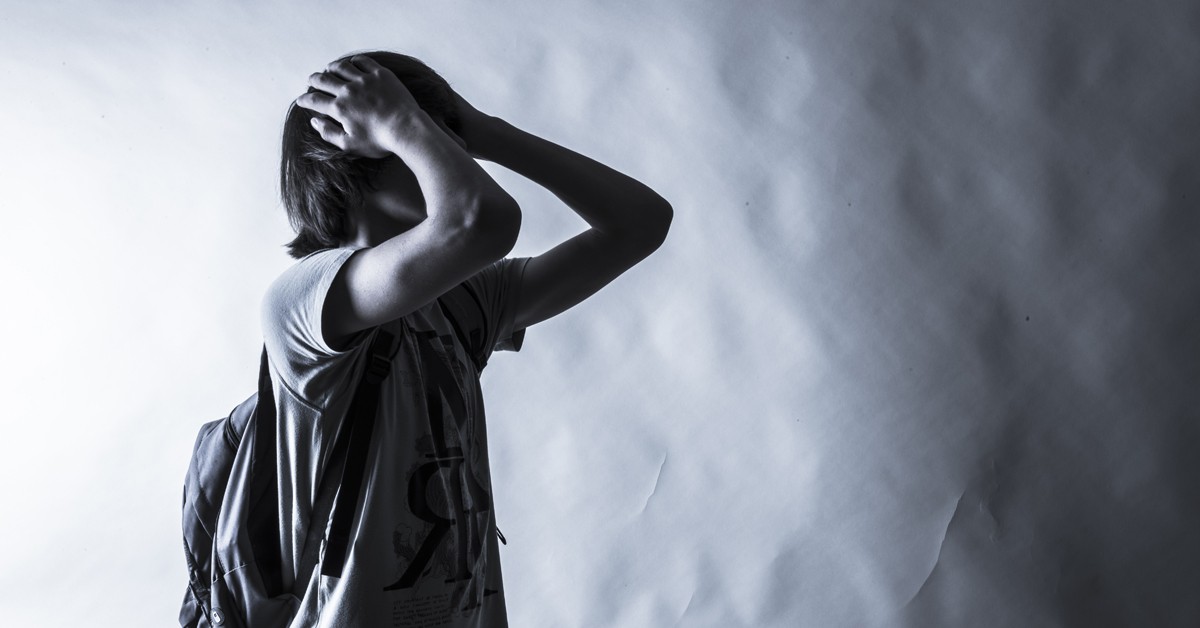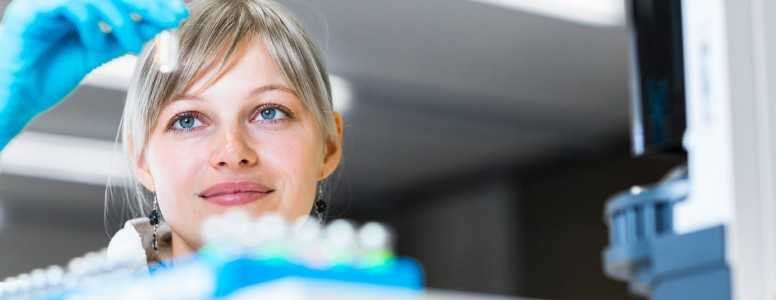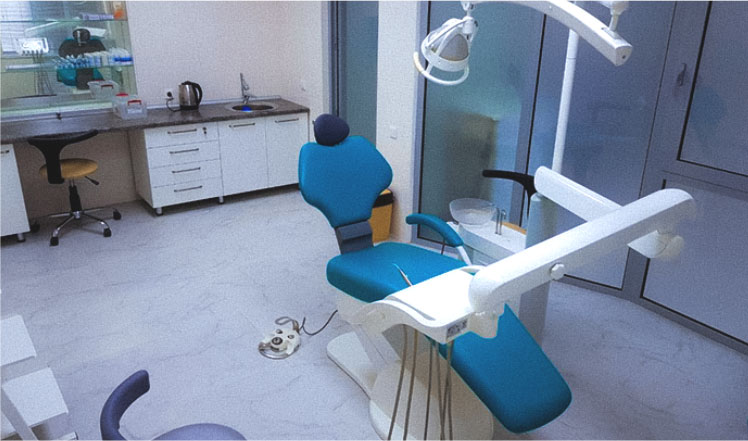First Covid-19 reinfection documented in Hong Kong, researchers say

Researchers in Hong Kong on Monday reported what appears to be the first confirmed case of Covid-19 reinfection, a 33-year-old man who was first infected by SARS-CoV-2 in late March and then, four and a half months later, seemingly contracted the virus again while traveling in Europe.
The case raises questions about the durability of immune protection from the coronavirus. But it was also met with caution by other scientists, who questioned the extent to which the case pointed to broader concerns about reinfection. There have been scattered reports of cases of Covid-19 reinfection. Those reports, though, have been based on anecdotal evidence and largely attributed to flaws in testing. But in this case, researchers at the University of Hong Kong sequenced the virus from the patient’s two infections and found that they did not match, indicating the second infection was not tied to the first. There was a difference of 24 nucleotides — the “letters” that make up the virus’ RNA — between the two infections. “This is the world’s first documentation of a patient who recovered from Covid-19 but got another episode of Covid-19 afterwards,” the researchers said in a statement. Experts cautioned that this patient’s case could be an outlier among the tens of millions of cases around the world and that immune protection may generally last longer than just a few months. They said that ongoing studies tracking patients who had recovered from Covid-19 would help reach more definitive conclusions. They also noted that the man’s second case was milder than his first, indicating that his immune system was providing some level of protection, even if it could not prevent the infection entirely. “There’s been more than 24 million cases reported to date,” Maria Van Kerkhove, a coronavirus expert at the World Health Organization, said at a briefing Monday, when asked about the Hong Kong report. “And we need to look at something like this at a population level.” The question of how long someone is protected from Covid-19 after being infected and recovering looms large. Studies are increasingly finding that most people who recover from the illness mount a robust immune response involving both antibodies (molecules that can block the virus from infecting cells again) and T cells (which can help clear the virus). This has suggested that people would be protected from another case for some amount of time. But based on what happens with other coronaviruses, experts knew that immunity to SARS-CoV-2 would not last forever. People generally become susceptible again to the coronaviruses that cause the common cold after a year or even less, while protection against SARS-1 and MERS appears to last for a few years. “What we are learning about infection is that people do develop an immune response, and what is not completely clear yet is how strong that immune response is and for how long that immune response lasts,” Van Kerkhove said. She added she was still reviewing the Hong Kong case. https://www.statnews.com/2020/08/24/first-covid-19-reinfection-documented-in-hong-kong-researchers-say/




